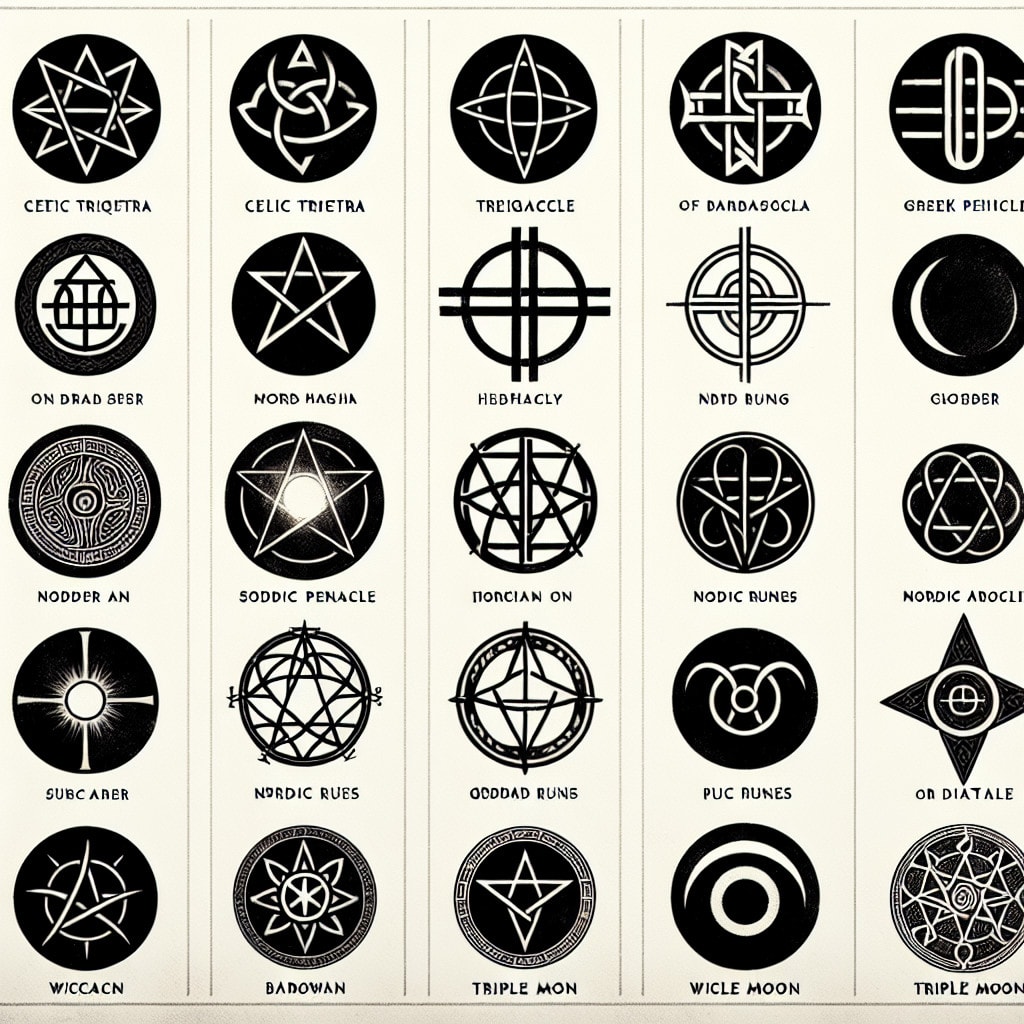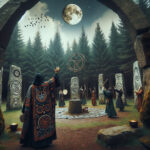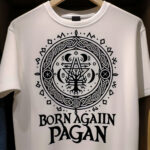This article will provide an overview of the various pagan religions that are practiced around the world today. Paganism is an umbrella term that encompasses a diverse range of spiritual and religious beliefs, many of which have ancient roots. This list will include some of the more well-known pagan religions, as well as some that are lesser known. We will also provide a brief description of each religion, along with its core beliefs and traditions.
Paganism is an umbrella term for a variety of spiritual traditions and beliefs that have existed since ancient times. Pagan religions have been around for thousands of years, and they have had a strong influence on the development of modern religions. While there is no single definition of Paganism, it typically refers to a polytheistic, nature-based spiritual practice that is based on reverence for the Earth and its inhabitants.
What is Paganism?
Paganism is an umbrella term for a variety of spiritual traditions and beliefs that have existed since ancient times. Pagan religions typically share a reverence for nature and a belief in multiple gods or goddesses. The term “Pagan” is derived from the Latin word “paganus” which means “country dweller.” Pagans often practice rituals and ceremonies in nature, and they view the natural world as sacred. Pagans also believe in reincarnation and the cycle of life and death.
Types of Pagan Religions
There are many different types of Pagan religions, each with its own set of beliefs and practices. Some of the most popular Pagan religions include Wicca, Druidism, Asatru, Heathenism, and Shamanism.
Wicca
Wicca is a modern Pagan religion that was developed in England in the 1950s. Wiccans believe in a dual deity, the God and Goddess, and they practice magic and spell-casting. Wicca is a nature-based religion that honors the cycles of nature and the changing of the seasons. Wiccans have a strong focus on personal growth and spiritual development.
Druidism
Druidism is an ancient Pagan religion based on the teachings of the Druids. The Druids were priests and scholars in ancient Celtic cultures. Druidism is a nature-based religion that emphasizes the connection between humans and the natural world. Druidism is a polytheistic religion that honors multiple gods and goddesses.
Asatru
Asatru is a modern Pagan religion based on the pre-Christian beliefs of the Norse and other Germanic cultures. Asatru adherents honor the old Norse gods and goddesses, and they practice rituals such as blot (a ritual offering) and sumbel (a ritual toast). Asatru is a polytheistic religion that emphasizes personal honor and community.
Heathenism
Heathenism is a modern Pagan religion based on the pre-Christian beliefs of the Germanic and Norse cultures. Heathens believe in multiple gods and goddesses, and they practice rituals such as blót (a ritual offering) and sumbel (a ritual toast). Heathenism is a nature-based religion that emphasizes the connection between humans and the natural world.
Shamanism
Shamanism is an ancient spiritual practice that has been practiced by indigenous cultures around the world for thousands of years. Shamanism is a nature-based religion that emphasizes the connection between humans and the spirit world. Shamanism is a polytheistic religion that honors multiple gods and goddesses. Shamanism also emphasizes the use of rituals, trance states, and ceremonies to connect with the spirit world.
Conclusion
Paganism is an umbrella term for a variety of spiritual traditions and beliefs that have existed since ancient times. Pagan religions typically share a reverence for nature and a belief in multiple gods or goddesses. There are many different types of Pagan religions, including Wicca, Druidism, Asatru, Heathenism, and Shamanism. Each of these Pagan religions has its own set of beliefs and practices, and they all emphasize the connection between humans and the natural world.
In conclusion, it is important to note that the list of pagan religions is vast and diverse. Each of these religions has its own unique history, beliefs, and practices. All of these religions share a common belief in the power of nature and the divine, as well as a respect for the interconnectedness of all things. While these religions may differ in their rituals and practices, they all share a reverence for the natural world and a desire to connect with the divine. By understanding the history and beliefs of these religions, we can gain a deeper appreciation for the beauty and complexity of the world around us.





